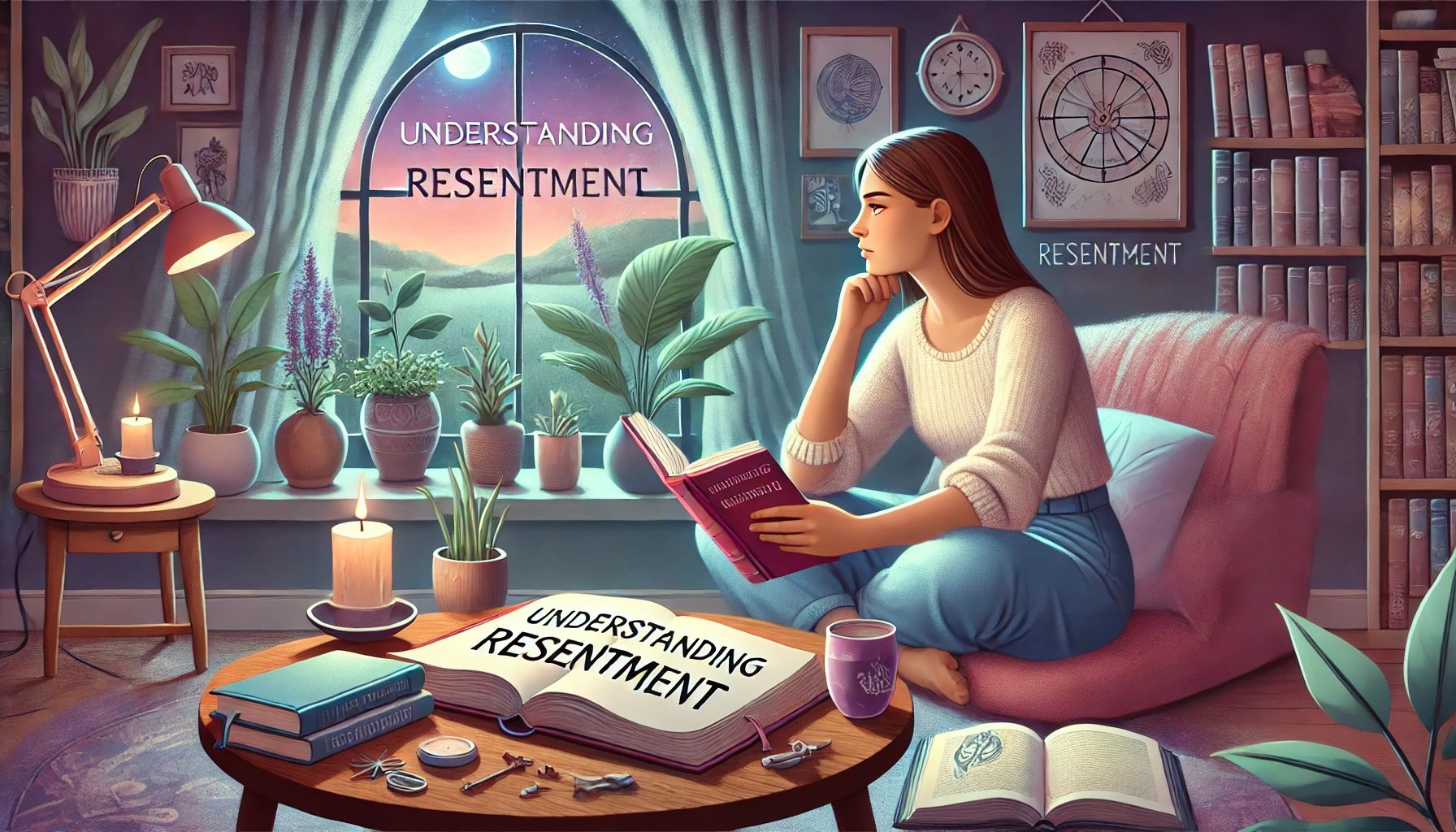
In this exploration, we delve into the concept of resentment as a dynamic interaction with our surroundings, serving multiple roles:
Resentment as Assessment: It acts as an evaluation tool, gauging comfort and acceptability within our environment.
Resentment as Feedback: It provides feedback on our expectations and attitudes toward others and the situations we encounter.
Resentment as Relationship Regulation: It regulates our interactions by signaling desired behaviors and attitudes from others.
For me, resentment serves as a container of experiences with profound messages for those around us. At its core lies the clash between external actions/events and our internal expectations of comfort and understanding in those situations.
Resentment as Disappointment: Message: "I expected things to be different." It embodies sadness over unmet expectations or perceived mistreatment.
Resentment as Self-Confidence Erosion: Message: "I thought I was right, but now I doubt myself." It reflects events that challenge our self-image or relationships.
Resentment as Demand for Justice: Message: "You crossed a line, and I demand acknowledgment." It asserts our rules of engagement, threatening consequences for non-compliance.
Resentment as Retaliation: Message: "You hurt me, so now I'll hurt you back." It expresses intense emotions seeking vindication for perceived wrongs.
Resentment as Powerlessness: Message: "I'm hurt, but I feel powerless to change it." It encapsulates frustration when we perceive ourselves as unable to affect change.
Resentment as Unacknowledged Fault: Message: "I don't see my part in this, but I'm hurt nonetheless." It highlights internal conflict over personal responsibility versus blaming others.
Resentment as Seeking Comfort: Message: "I need reassurance or acknowledgment of my pain." It seeks consolation or apology from those involved.
Summary
"Letting go of resentment" isn't denial but acceptance of what transpired. "Healing wounds" honestly addresses pain, seeking resolution or closure. The key lies in how we handle resentment:
Understanding these facets empowers us to navigate resentment constructively, fostering personal growth and healthier relationships.


